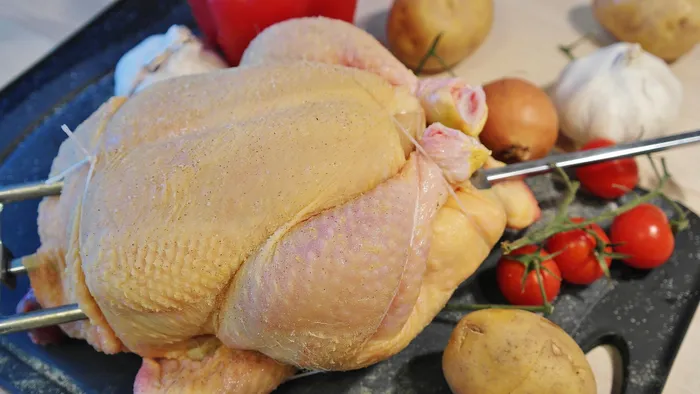
The Association of Meat Importers and Exporters (AMIE) has called on the South African government to avoid imposing a blanket ban on poultry
Image: Pixabay
The Association of Meat Importers and Exporters (AMIE) has called on the government to avoid imposing a blanket ban on poultry imports from Brazil, following the recent outbreak of avian influenza in the South American country.
IOL previously reported that calls are increasing for the government to temporarily suspend poultry imports from Brazil to protect South Africa’s local poultry industry from the spread of the disease.
AMIE has recommended that the government adopt a more targeted approach, restricting imports only from the affected regions in Brazil instead of halting all poultry shipments from the entire country.
The association pointed out that "this approach has already been announced by Japan, Saudi Arabia, the UAE, and the Philippines in response to the outbreak."
“A full ban on Brazilian poultry imports to South Africa will have devastating consequences for the South African poultry meat processors and consumers, particularly the most vulnerable in our society.
"Imported poultry not only fills the country’s poultry consumption gap, but also provides the necessary competition to ensure that prices are kept in check. Chicken is the most affordable protein source for many South Africans, and a disruption in the supply of poultry products, including bone-in chicken and mechanically deboned meat (MDM), will significantly drive up prices and impact food security.” AMIE CEO, Imameleng Mothebe, said.
The association emphasised that Brazil supplies 92% of all imported MDM to South Africa, with an average of 18,000 metric tonnes imported monthly over the last year.
"Additionally, Brazil accounts for 73% of all other poultry products imported into the country. South Africa does not produce commercial MDM locally, and there are no viable alternative markets to replace the volume currently imported from Brazil.
"Adopting a regionalisation approach, in line with global best practices, would allow South Africa to continue importing safe poultry products from unaffected"
Mothebe expressed concerns about what he described as the "slow pace of reopening other closed markets" by the government. He highlighted that the association was willing to work with the government to find a sustainable and balanced solution.
"Poultry import markets in France, several US states, and the Netherlands remain closed to South Africa long after their respective outbreaks have been contained. This delay in decision-making places further strain on the local supply and drives up consumer costs"
“We are committed to engaging with the Government to find a sustainable and balanced solution that serves the best interests of South Africa,” concluded Mothebe.
mthobisi.nozulela@iol.co.za
IOL Business
Related Topics: